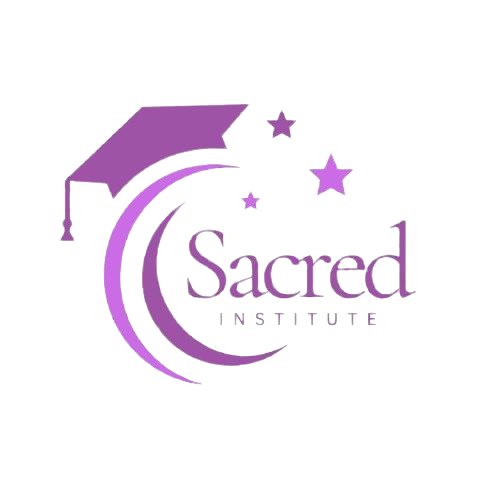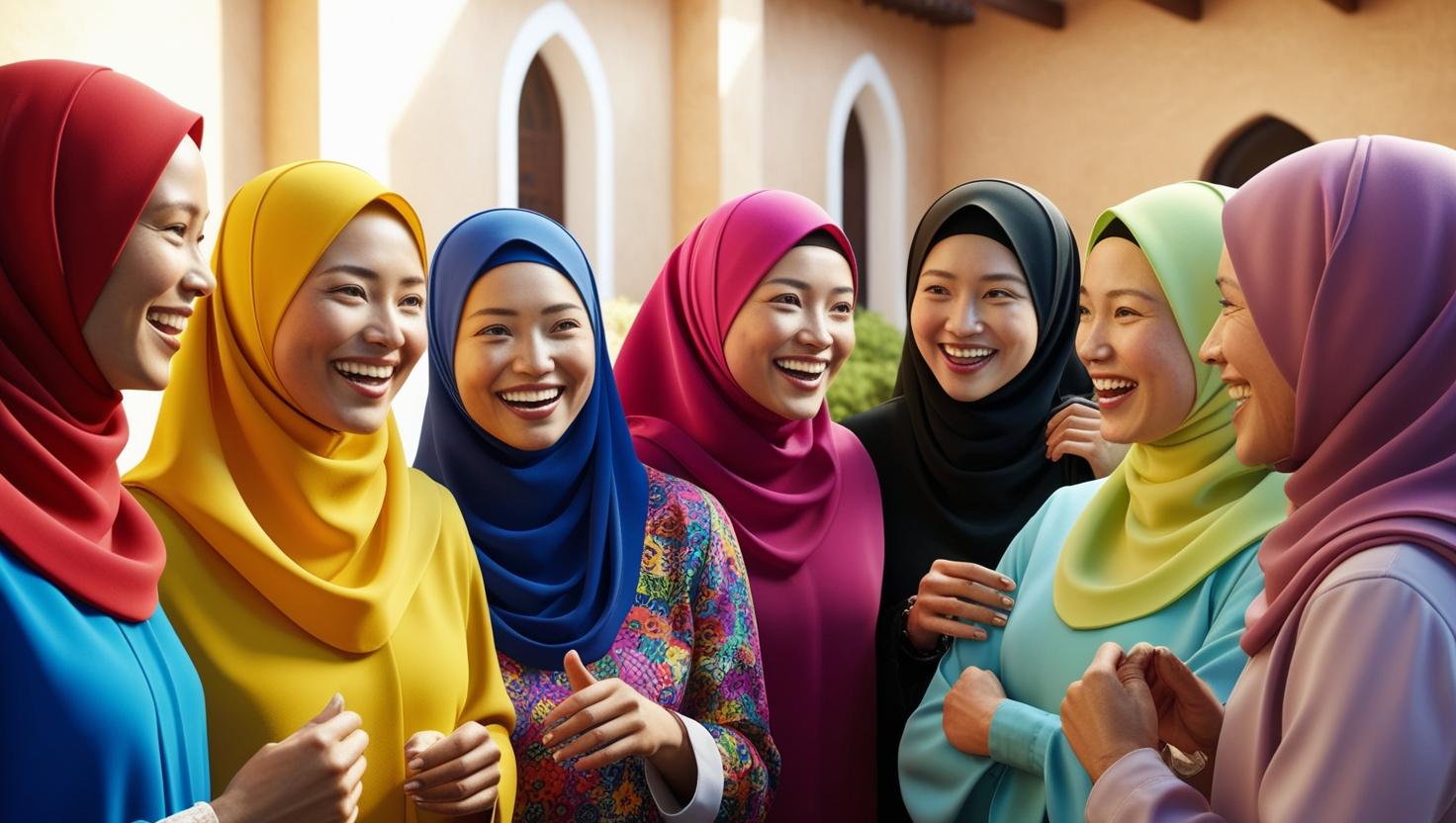Unveiling Islamic Women’s Empowerment
Islamic teachings on women’s rights are often misunderstood, yet they hold transformative potential for empowerment. Contrary to popular misconceptions, Islam promotes women’s rights in areas such as education, inheritance, matrimonial autonomy, and leadership. These teachings are designed to uplift women, ensuring their active participation in society and advancing gender equality.
Education is a cornerstone of this empowerment. In Islam, seeking knowledge is more than encouraged—it is mandated for both men and women. In addition, inheritance rights secure financial independence, while matrimonial autonomy empowers women to make informed personal decisions. Leadership opportunities enable women to influence and drive societal change.
Join us as we explore these empowering aspects of Islam, challenging stereotypes and revealing the true essence of women’s rights as outlined in Islamic teachings. Discover how these principles can inspire transformation and pave the way toward a more equitable future.
Historical Foundations of Islamic Women’s Rights
The early teachings of Islam played a pivotal role in elevating the social status of women, challenging the norms of pre-Islamic society. The Quranic chapter, Surah Al-Nisa, is especially significant in this transformation as it emphasizes justice, equality, and respect for women. The verse, “O mankind, fear your Lord, who created you from one soul and created from it its mate,” highlights the intrinsic equality between men and women and champions their rights and dignity.
Historical figures such as Aisha (RA), the wife of Prophet Muhammad (PBUH), exemplify the empowered role of women in early Islamic society. Renowned for her intelligence and influential contributions to Islamic scholarship, Aisha broke barriers and set a precedent for women’s education and active participation in religious discourse.
These teachings and examples remind us of Islam’s progressive stance on women’s rights and lay a strong foundation for modern empowerment. Continue to the next section to learn about the modern challenges and opportunities that shape the lives of Islamic women today.
The Right to Education and Knowledge
In Islam, the pursuit of knowledge is a divine command extending robustly to women. The Quran and Hadith stress the importance of education, which plays a crucial role in both personal empowerment and societal development. Aisha, the esteemed wife of Prophet Muhammad, epitomizes this commitment through her vast contributions to Islamic scholarship, demonstrating how transformative education can be.
Obtaining an education empowers Islamic women by nurturing critical thinking, enhancing decision-making abilities, and opening pathways to leadership. By embracing education, women can transcend societal barriers and catalyze positive change in their communities.
For more insights on how education empowers women in Islam, explore our upcoming section on influential Islamic women leaders or visit [Islamic Dawah Center](https://islamidawahcenter.com/empowering-muslim-women-through-knowledge/).
Economic Empowerment: Inheritance and Financial Autonomy
In pre-Islamic societies, women were largely denied inheritance rights, reflecting a deep-seated disregard for their financial autonomy. Known as the “Jahiliyyah” era, these times were marked by pronounced gender inequality. With the advent of Islam, however, revolutionary changes were introduced to grant women their rightful share in inheritance and ensure financial independence.
Islamic law specifies distinct shares for women, laying the foundation for their economic empowerment. This financial autonomy is essential, as it enables women to make independent financial decisions and actively contribute to their communities. By establishing these rights, Islamic principles successfully dismantle historical barriers limiting women’s roles.
Autonomy in Matrimonial Rights: Marriage and Divorce
Islamic principles strongly emphasize the autonomy of women in matrimonial matters, granting them the right to choose their partners and initiate divorce if necessary. The Quran advocates for mutual consent in marriage to ensure that relationships are built on peace, compassion, and love, as stressed in Surah Al-Baqarah.
In addition, women have the right to initiate divorce through a process known as Khula, which allows them to seek separation by returning their mahr (dowry) to their husband. The fairness and justice embedded in these practices are supported by Quranic verse 2:229, underscoring Islam’s commitment to empowering women in personal decisions.
For further insights into Islamic matrimonial rights and women’s autonomy, explore our section on the right to education or visit [The Muslim Network](https://www.themuslimnetwork.org/articles/the-rights-of-women-in-islam-a-complete-guide).
Women in Leadership: Breaking Barriers in Public Life
Throughout history, Islamic women have played pivotal roles in leadership, breaking barriers and paving the way for future generations. Khadija bint al-Khuwaylid, the first wife of Prophet Muhammad (S.A.W), was not only a respected figure but also provided critical moral, financial, and social support during the early days of Islam. Similarly, Al-Shifa bint Abdullah was appointed by the Prophet as a market inspector, highlighting the trust and responsibility placed upon women in public roles.
Today, Islamic teachings continue to support and encourage women’s leadership and political participation. Across the globe, Muslim women draw inspiration from these historical figures and are increasingly stepping into leadership roles, thereby driving progress and creating more inclusive societies.
Conclusion: Empowerment and Future Directions
Throughout this blog, we have uncovered how Islamic teachings empower women through education, economic rights, matrimonial autonomy, and leadership. Quranic verses emphasize dignity and respect, positioning Islam as a pioneer in championing women’s rights. Education serves as the cornerstone for societal contribution; economic empowerment ensures financial independence; matrimonial autonomy promotes equality in personal relationships; and leadership roles validate women’s capabilities.
Moving forward, it is crucial to continue exploring and discussing these topics to deepen our understanding of women’s rights in Islam and broaden the conversation on empowerment. We encourage our readers to subscribe for updates and join the ongoing dialogue on advancing the status of Islamic women.
Sources:
– [Islamidawah Center](https://islamidawahcenter.com/empowering-muslim-women-through-knowledge/)
– [The Evolution of Muslim Women’s Political Participation](https://www.islamicity.org/88970/the-evolution-of-muslim-womens-political-participation/)
– [Empowering Women in Islam – Hajjah](https://hajjah.net/empowering-women-in-islam/)
– [Quran Verses About Women’s Rights – Al-Walid Academy](https://alwalidacademy.com/articles/quran-verses-about-womens-rights)
– [Islam Learn: The Role of Women in Islam – An In-Depth Perspective](https://islamlearn.net/blog/the-role-of-women-in-islam-an-in-depth-perspective/)
– [Ahmad Quran Academy – Quranic Verses on Women’s Rights](https://ahmadquranacademy.com/quranic-verses-on-womens-rights/)
– [The Muslim Network: The Rights of Women in Islam – A Complete Guide](https://www.themuslimnetwork.org/articles/the-rights-of-women-in-islam-a-complete-guide)
– [The Rights of Women to Inheritance under Islamic Law](https://www.academia.edu/27989480/The_Rights_of_Women_to_Inheritance_under_the_Islamic_law)


